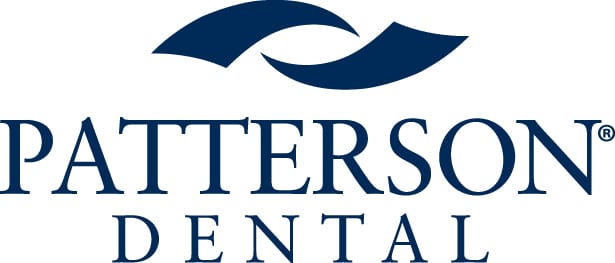By: Teresa Power DeNike, BS
Sleep is a severely overlooked area in dentistry. In 2017, the ADA recommended all dentists screen for sleep apnea (and treat or refer out). Yet only 70% of dentists screen for sleep apnea, and most lack confidence in performing accurate routine screenings.
In 2015, the AASM and AADSM recommended oral appliance therapy with a qualified dentist. You ARE that qualified dentist.
Year after year, thousands of dentists take educational courses and programs, become members in groups, and purchase equipment and software. Then they don’t screen or treat patients.
Why Dentists Aren’t Screening for Sleep Apnea
Here are some reasons why, and how to get comfortable screening for sleep apnea.
Reason 1: You don’t want to deal with medical insurance
Oral appliance therapy is billed under medical, NOT dental insurance. You’ve heard the nightmares about paperwork, denials, and a range of reimbursement rates. If you don’t want to deal with insurance, then don’t. Determine a cash fee and be confident in it.
This is a life-changing custom device — it’s not going to cost the same as a cheap snore guard from CVS. Some manufacturers will also provide the documentation to the patient to submit on their own.
Don’t forget your consent and waivers. You can also hire a third-party medical biller to take care of the paperwork. It might be smart to take a deposit for the work and device since medical insurance can take a few weeks to process.
Reason 2: You don’t feel comfortable speaking with MDs
Imposter syndrome has no place here. You are the expert. MDs may be trained in sleep and pulmonology, but they are not looking at dentition, tongue, or tonsils. They don’t know how to tell if the patient is bruxing. You do.
And you took the course on oral appliance therapy, which they don’t know much about. MDs understand CPAP, but they rely on a dentist to make clinical decisions about OAT.
Reason 3: It’s not lucrative
If it’s not lucrative, then you’re doing it wrong. First, get your team involved to make sure they’re on the same page and are giving qualified advice. If necessary, hire a third party for coaching and education. Use the proper software. Hire a third-party biller who knows how to submit to medical insurance and get those higher reimbursements.
Finally, be fair to yourself with your pricing — you’re offering an important service that deals with a dangerous condition, and you need to make sure you’re compensated right.
Dentists, Start Following ADA Guidelines and Screen for Sleep Apnea
Sleep apnea exists at the crossroads between dentistry and medicine. In any case, you should be following ADA guidelines and screening for it, but there are a lot of reasons to offer treatment with OAT.
After all, you may be more qualified to treat it than an MD.


